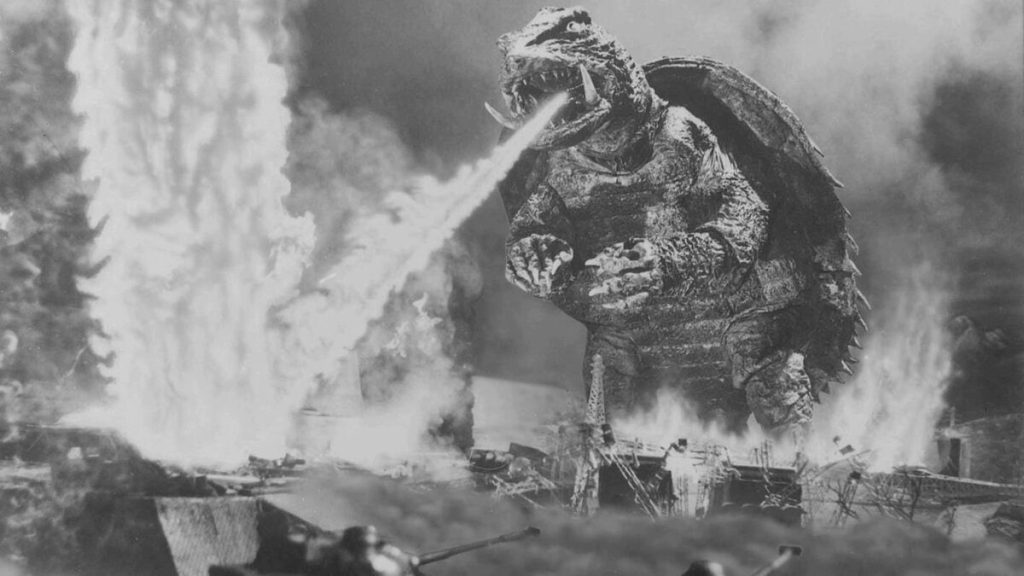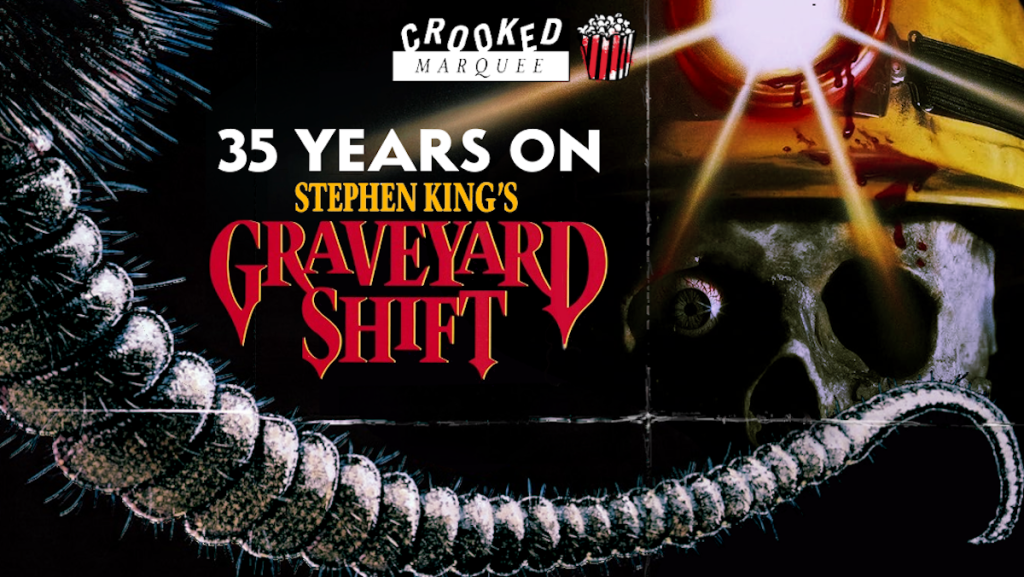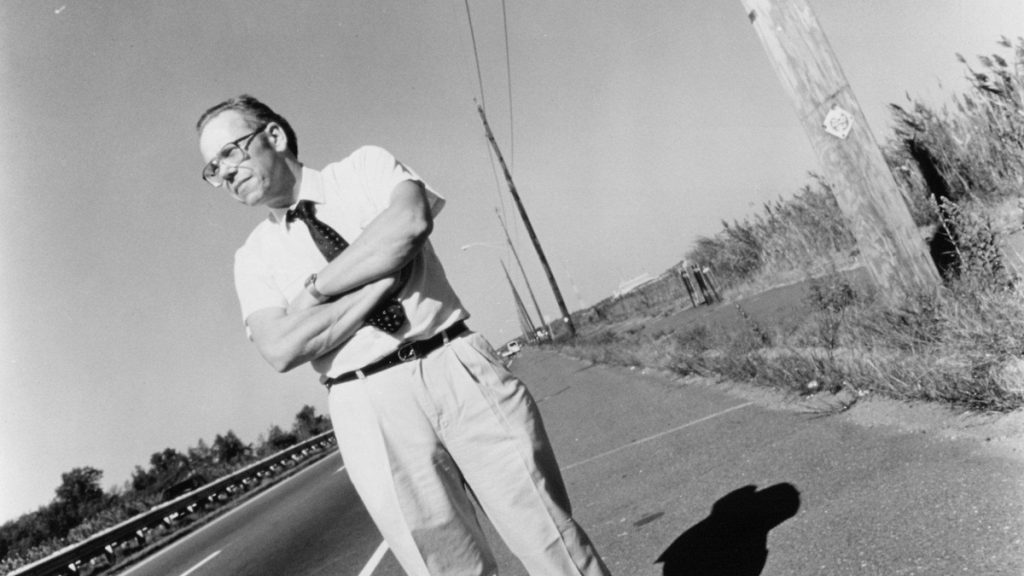Fifteen years before he graced the silver screen as Atticus Finch in To Kill a Mockingbird (1962), Gregory Peck warmed up his mellifluous ‘Voice of Reason Against American Racism’ in Gentleman’s Agreement (1947), directed by Elia Kazan. Comparatively forgotten seventy-five years later, the latter—a social problem film exploring anti-Semitism in the postwar United States—was a media event of the first order in its day, a top-ten box office grosser that took home the year’s Best Picture and Best Director Oscar, though Peck himself would have to wait those fifteen years for his golden hardware.
Now streaming in the Criterion Channel’s Elia Kazan’s series, Gentleman’s Agreement is worth a visit for Peck’s performance and that of the impressive ensemble cast, but especially for its window into the longstanding nature of issues that resonate today, even if—or maybe especially because—it is dated and preachy. In ways both intentional and not, it offers perspective on a history of white liberals’ sometimes flaccid, often self-righteous, and ever faltering responses to domestic racism, even as we invent novel buzzwords for those responses, i.e., anti-racist activism, white allies, white fragility, and getting woke.
In Gentleman’s Agreement, Peck plays Phil Green, a morally unimpeachable widower and single father of Tommy (played by an eleven-year old Dean Stockwell). Phil and Tommy have just arrived in New York City from their home in California, as we are told in shameless exposition—not scenarist Moss Hart’s best work. They have come to live with the saintly “Ma” Green (Anne Revere), the maternal source of Phil’s moral backbone and anti-racist ideals. A talented journalist, Phil has been offered a job at a prestigious New York magazine, Smith’s Weekly, under the direction of Mr. Minify (Albert Deckker).
Green’s assignment, embarked upon with initial reluctance: a series on the breadth and depth of anti-Semitism in American society. His angle, arrived at in a flash of inspiration: he will pretend to be Jewish for six months, allowing him to “feel” the personal sting of it, as a surrogate for the magazine reader—–and, really, for the film viewer. “Dark hair. Dark eyes. Sure. […] Name: Phil Green. Ma, it’s a cinch,” he tells his mother. She enthuses about his plan, even though she worries that he carries the weight of the world on his shoulders. “Don’t settle all the problems today; save some for tomorrow,” she lovingly teases him at one point.
Of course, though Phil’s ruse easily exposes anti-Semitism everywhere, it is not a “cinch.” The assignment puts Phil through the ringer. To begin, he has a hard time explaining anti-Semitism to his own son, with anti-racist early education curriculum not yet a cottage industry. He tells Tommy—who will later suffer the wrath of schoolyard bullies—that people shouldn’t be categorized by religious faith but rather by national identity, a vestige of the age of nationalism. Next, one of Mr. Minify’s respected advisors, a successful Jewish businessman Irving Weisman (Robert Warwick), cautions against the exposé, calling it “a very bad idea” that will only “stir it up more.” According to lore, the Weisman character stood in for the Jewish studio moguls’ reaction against Kazan and Fox chief Darryl Zanuck’s determination to treat anti-Semitism; and Mr. Minify’s response—chiding Weisman and his Jewish colleagues’ “Let’s-Be-Quiet-About-It” timidity—stood in for Kazan and Zanuck’s retort. Then, Phil’s new secretary Elaine Wales (June Havoc) reveals herself to be a Jew (really “Estelle Walovsky”) who has internalized the anti-Semitism she has experienced, including employment discrimination at Smith’s itself: “The great liberal magazine that fights injustice on all sides,” she says, with withering sarcasm.
Most importantly, Phil clashes with his new fiancé, Kathy Lacy (Dorothy McGuire), a beautiful divorcee, whose anti-racist woke-ness lags behind Phil’s, threatening to grow into an insuperable chasm. This is the key to the film’s dramatic structure, a genre hybrid in which the social problem threatens to rupture the romance. The effect is to suggest that the tragedy of anti-Semitism is its threat to the White Family, ergo the Nation; the threat, as Phil puts it is “not just the ‘poor poor Jews,’ but everything this country stands for.” It wasn’t lost on contemporary critics that the film uses a Gentile-disguised-as-a-Jew to generate sympathy.
In every way but one Kathy is an ideal wife to Phil (and mother to Tommy): Hazily lit and primly costumed, usually in bridely white, she is his equal in courtship dialogue and liberal politics; and she comes complete with a move-in ready suburban home in Connecticut. But the exception threatens to spoil their match. As Phil grows more committed, Kathy falters at every turn: can’t she just tell her sister that Phil’s not really Jewish? What about all her friends at the engagement party? Why “start a whole mess for nothing”? Why does Phil have to make a stink that their intended honeymoon site, a resort in New Hampshire, is “restricted.”? Why can’t he just accept that there have always been these sorts of (titular) ‘Gentleman’s Agreements’—(mostly) unspoken pacts among upper-crusty Gentiles to keep Jews out of their clubs and neighborhoods?.

Donning her white privilege and white fragility as unsubtly as her white wardrobe, Kathy wants a break from Phil’s “all tensed up and solemn” social justice warring and all his “lessons on tolerance.” She gets “tired of feeling wrong” all the time. She fails to condemn an anti-Semitic joke, for fear of spoiling a dinner party. After all, Kathy reasons, “What can one person do?” As the film makes explicit, Kathy represents the complicit complacency and hypocrisy of too-many white liberals, of “Kathys everywhere” who “make little clucking sounds of disapproval [and] scold Bilbo [white supremacist US Senator from Mississippi] twice a year” but fail to take any real action.
Those scathing last lines are delivered by Anne Deltry (Celeste Holm), a fast-talking fashion editor who ‘gets it’ and thus represents an alternative romantic partner for Phil. It is a small role but a plum one, embodied with enough verve for Holm to nab Gentleman’s Agreement’s third and final Oscar, for Best Supporting Actress Oscar over Revere, nominated for “Ma.” The other notable supporting role, that of Phil’s Jewish pal Dave Goldman played by John Garfield, was snubbed, probably because Garfield was up for Best Actor for his performance in Robert Rossen’s Body and Soul.
Garfield’s subsequent victimhood by the Hollywood Red Scare—persecuted by HUAC and dead of a heart attack by age 39—always heightens the poignancy of his onscreen appearances for me, no less so here. When he finally shows up halfway into the film, he gives it a needed shot of adrenaline. As Kazan put it, “God knows we were all tired of Peck and McGuire by [then].” Garfield convincingly exudes Goldman’s stoicism about anti-Semitism, a thick skin that indicts the society that thickened it. His soldier’s uniform aligns him with all the Jews inserted into the multi-ethnic platoons of Hollywood’s World War II combat films, tokens of U.S. democracy’s superiority to Nazi fascism. So does a moving scene in which Dave recalls the battlefield death of a fellow Jewish soldier; the last words he ever heard were a derogatory slur from another fellow soldier at the very moment in which he gave his life for democracy.
While that last bit—amounting to a hard-hitting criticism of U.S. racism—might seem contradictory to any pro-American representation, the Hollywood Left considered it essential. To the Hollywood Left, the (not-always-fully-realized) greatness of the democratic American Way lie in its capacity to admit flaws (countenancing free speech about them) in order to fix them, progressing ever towards that ‘more perfect union.’ Unfortunately for Garfield, Kazan, and so many leftist filmmakers, the Hollywood Left’s reign was about to be toppled by anti-communist cold warriors. Indeed, HUAC called its first postwar Hollywood hearings just weeks before Gentleman’s Agreement’s release. Thereafter, the social criticisms iterated in their films would be used as evidence of their un-Americanism, on top of any evidence of past Communist Party membership or fellow traveling.
Towards the end of Gentleman’s Agreement, Ma is hopeful. She speechifies, “What will [the driving force of our century] be when men look far back to it one day? Maybe it won’t be the ‘American Century’ after all, or the ‘Russian Century,’ or the ‘Atomic Century.’ Wouldn’t it be wonderful if it turned out to be ‘Everybody’s Century,’ when people all over the world—free people—found a way to live together?”
Whether or not seventy-five years counts as looking “far back,” I’m afraid our current times prove Ma’s optimism unfounded. On the other hand, her sage advice seems to have been followed: the American liberals of yesterday sure did save some problems for today.
“Gentleman’s Agreement” is now streaming in the Criterion Channel’s Elia Kazan’s series.



